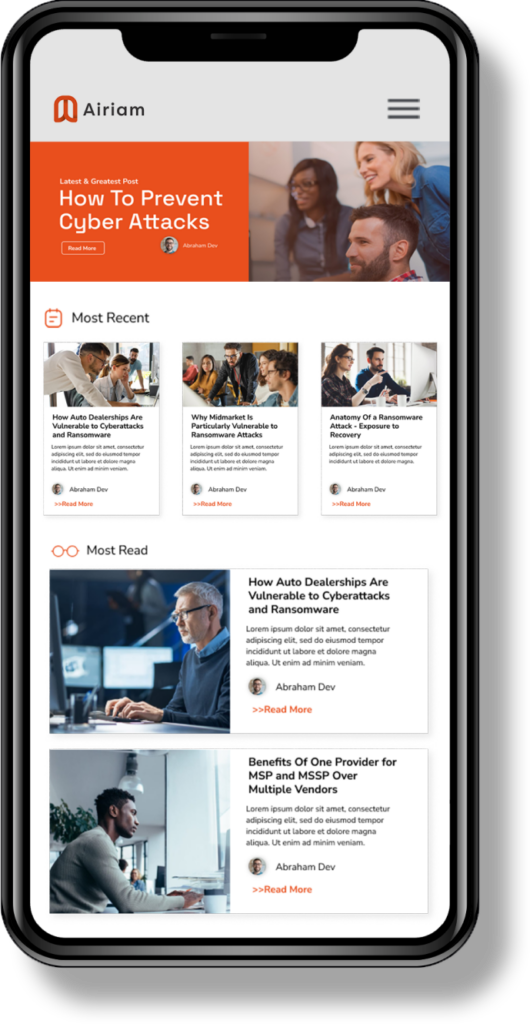Productivity Begins With Your Night Habits
Do you feel like your productivity crashes midway through your day? A good night’s sleep is extremely important to stay productive during the day. It’s essential for optimal brain function, enhancing your mood, supporting your physical health, and so much more. With this in mind, are you setting yourself up for success? Here are 7 night habits we’ve gathered to help you get more productive!
Plan Your Next Day
Planning your next day can seem overwhelming at first, but you can start small. Lay out your outfit for the morning. Write down some of your to-dos. Review your goals and priorities. You can even prep some of your morning routines. The habit of preparing for your next day can help mentally empty your brain of the next day’s tasks so you can relax more. For example, you can prepare your breakfast the night before so you can be sure you’re eating something healthy and filling.
Meditate or Journal
Meditating and journaling have been shown to have great benefits for stress reduction, emotional regulation, and enhanced creativity. It allows you to bring focus to your emotional and mental state. It can also help you appreciate yourself a bit more and provide you a moment of peace and reflection to calm the mind. These things add up and help you build resilience. It fosters a sense of inner strength and develops coping mechanisms to prepare you for the day.
Create a Routine
There are tasks you have to do every night before bed, like washing your face and brushing your teeth. Make these into a routine and add a little self-care in as well. If you can, sleep on time every night. Routines can train your body and mind. Just like Pavlov’s conditioning with a dog and a bell, train your body to recognize when it’s time to go to sleep.
Put Everything Away
Tidying up for the night is not the only way to put things away. Put away the devices, alcohol, caffeine, and food before bed! While you would think that caffeine is a no-brainer, it’s actually shocking how many people drink coffee at night to work on last minute items, and then wonder why they can’t seem to fall asleep. Similarly, devices should be put away 1 hour before heading to sleep since they disrupt the melatonin production. Phones and laptops create blue light that impacts the circadian rhythm and increases alertness.
Additionally, alcohol and food are not recommended after 6pm, or at least 3 hours before bed. Consuming too much before bed can prolong digestion, forcing the muscles in our body to keep working, making it harder to sleep. Read more about this here.
Use Tools
Just like you would use resources at work to make your life easier, use tools like eye masks and a sleep playlist to make sleep easier. Some residual lights can be unavoidable, like street lamps and devices that are charging. Use a soft eye mask to block out those lights and give your eyes a rest. You can also use relaxing music or white noise to help you drift off. Some people prefer absolute silence when sleeping, and some need noise and distraction. With the ease and accessibility of using sleep timers and apps, the option to fall asleep to the playlist of your choice is easier than ever.
Exercise at Night
While exercising too close to bedtime can have a stimulating effect, exercising in the evening is a great way to help you regulate your sleep. Not only does it tire out your body, it reduces your stress and improves your quality of sleep. If you’re able to exercise before the sun sets, the exposure to natural light can boost your melatonin production.
Track Your Sleep and Talk to Your Doctor
Finally, if you’ve done everything to improve your sleep to no avail, check your quality of sleep instead of focusing on falling asleep.
You can track your sleep cycles with apps and smart watches. Technology today is advanced enough to track your heart rate, oxygen level, and even which sleep level you’re on. There are even games that are focused on improving your rest, like Pokémon Sleep that records your sleep patterns and rewards you for sleeping longer!
Then, talk to your doctor. If you’re sleeping for 8 hours, doing all the routines, and you still find yourself exhausted, you might have a medical condition like sleep apnea. Sleep apnea can be caused by weight gain, changes in hormone levels, or even allergies. A symptom you may easily recognize is snoring or gasping in your sleep. If you suspect that you may have sleep apnea, there are a lot of ways to mitigate it. Some long-term solutions include losing weight, using a CPAP machine, or using a mouth guard. Some short-term ones include using nose strips to open your nasal passageways or using allergy medicine to help you breathe. Of course, you should speak to your doctor to find out more, or if it might be something else.
Don’t Sleep on the Benefits of Night Habits
Small adjustments to our night habits can lead to significant improvements in our work productivity. Quality sleep can enhance cognitive function, memory, and concentration, making us more alert and focused during the workday. It also supports emotional regulation, reducing stress and mood swings, which can positively impact interactions with coworkers and customers. It also improves immunity and overall physical health, which means fewer sick days and more time to perform at our best.
Video Version
Take a look at our mini podcast Tips for Human Resilience about the topic!
Listen to more episodes at www.airiam.com/podcast, on Spotify, Apple Podcasts, Google Podcasts, Amazon Music, and other podcast platforms.


